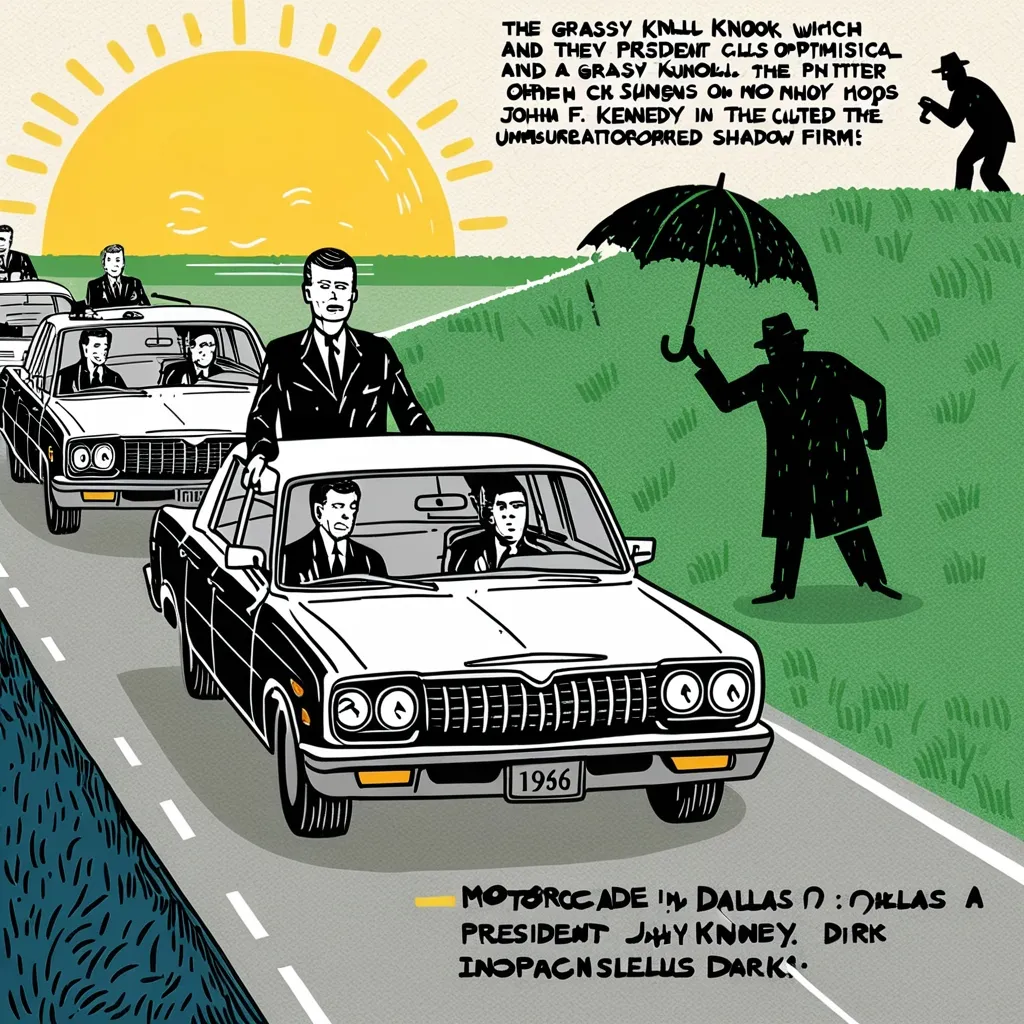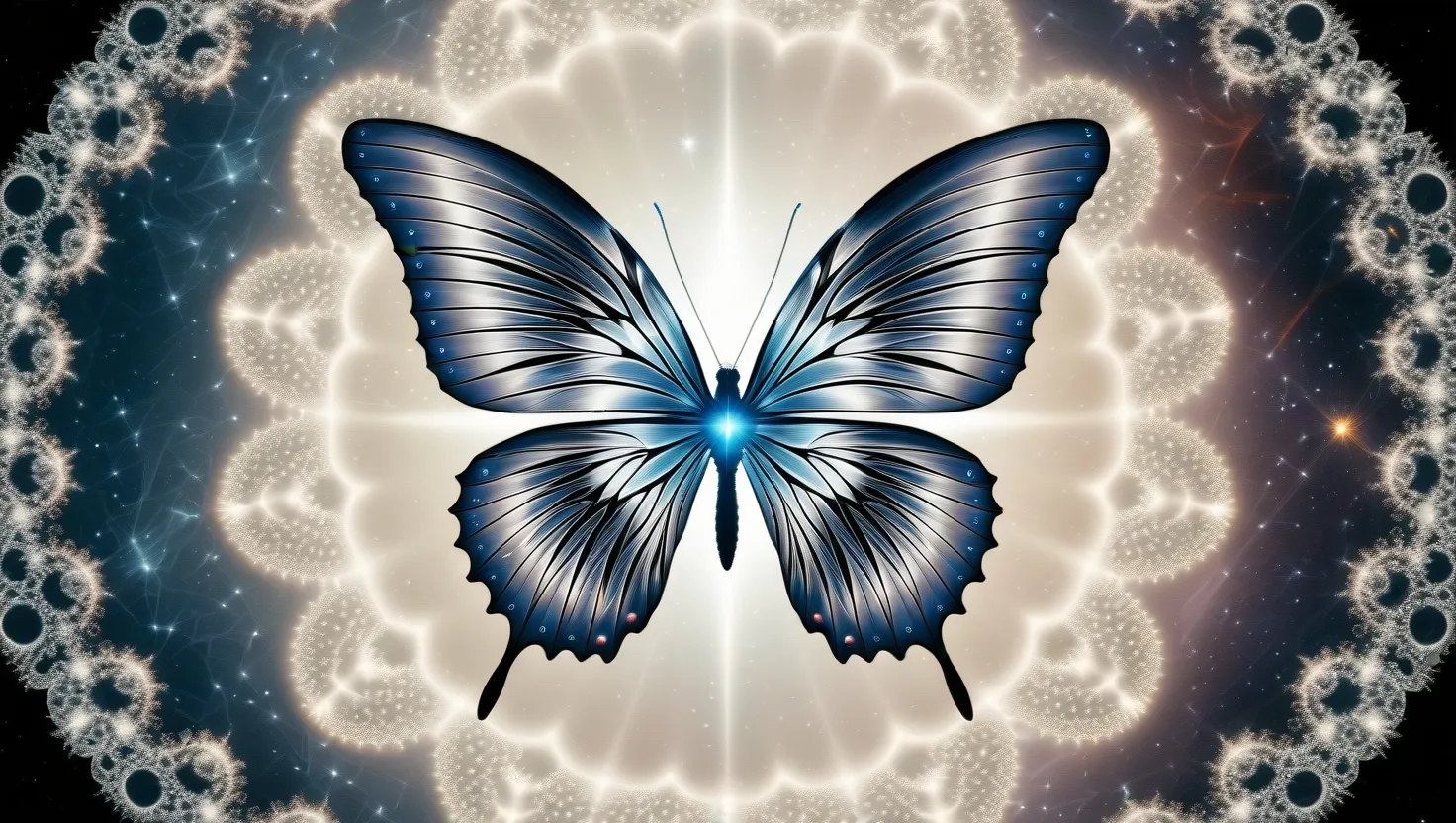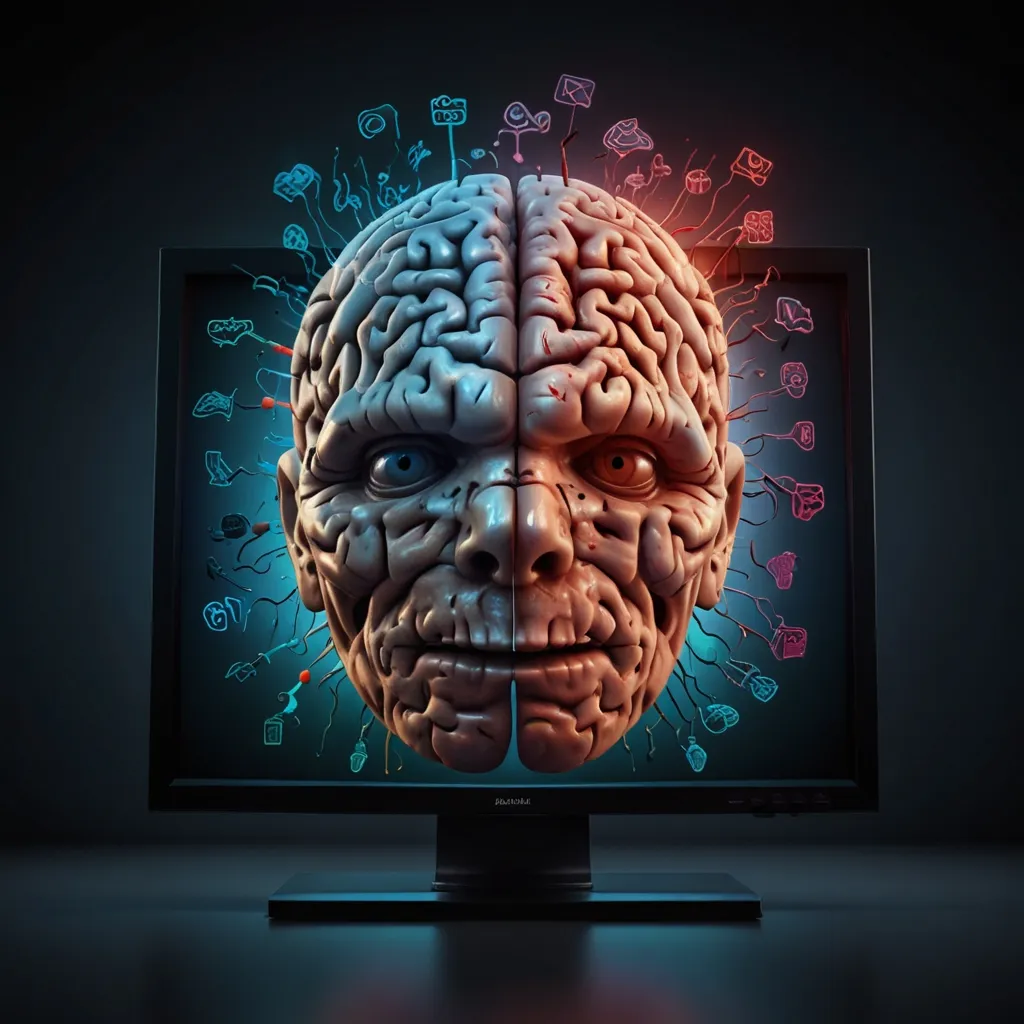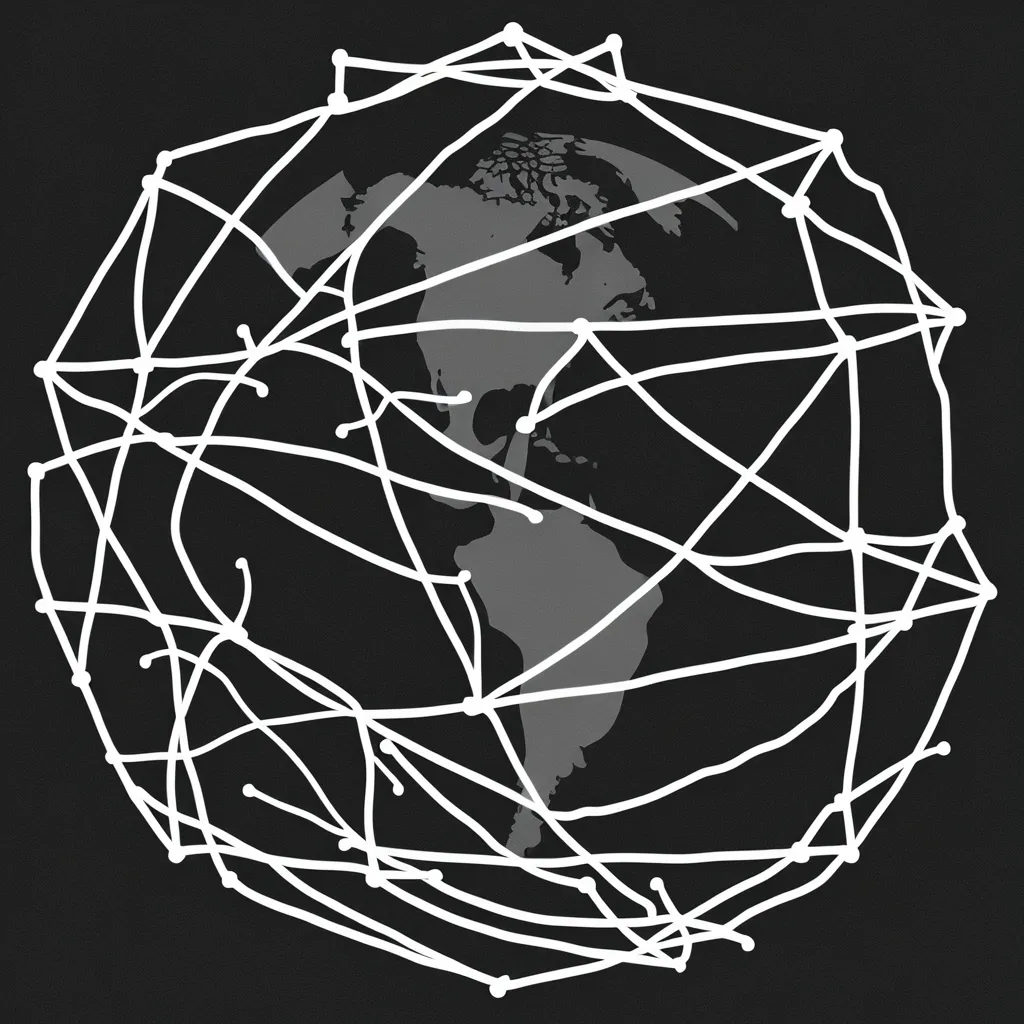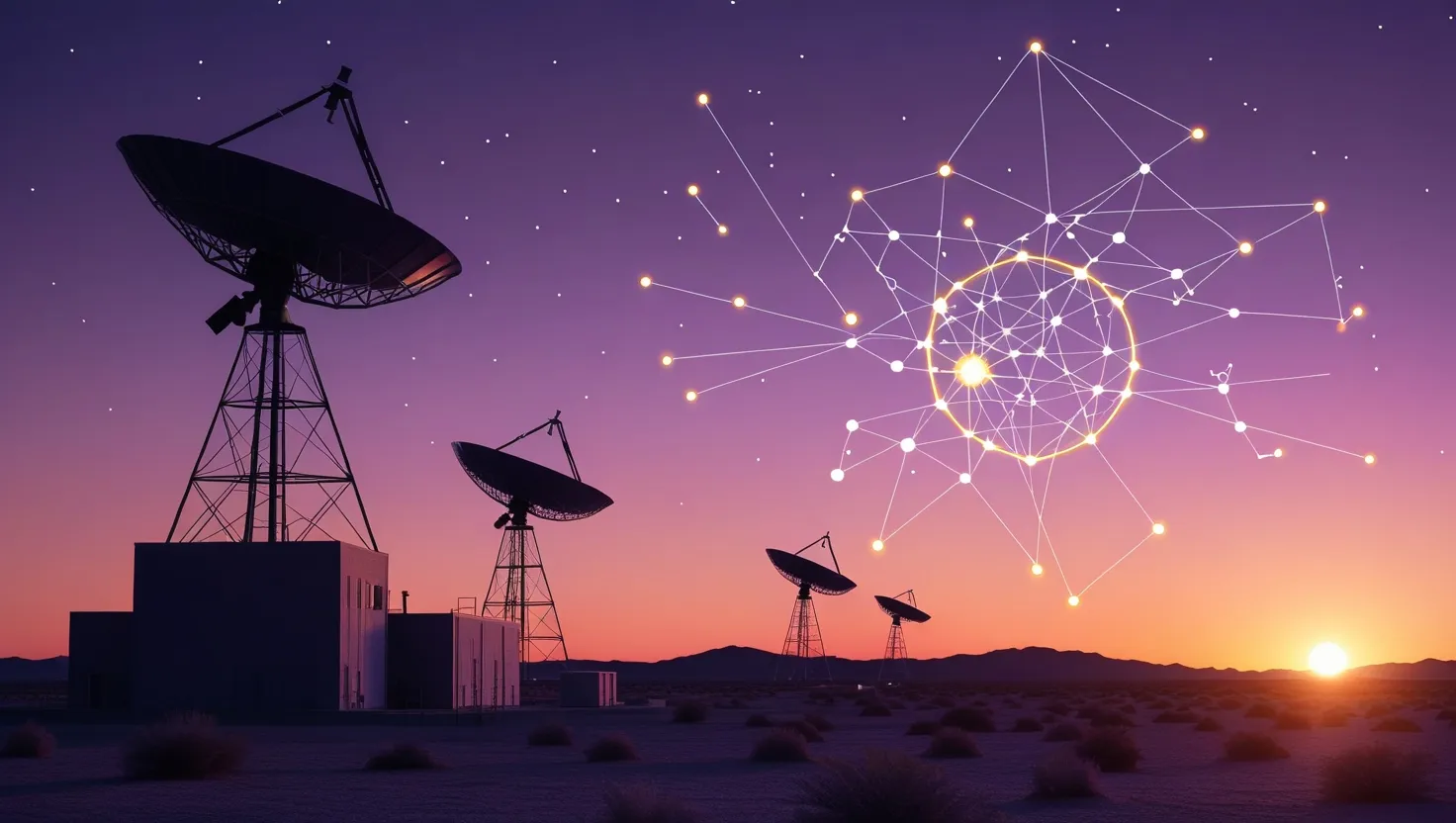The assassination of President John F. Kennedy on November 22, 1963, stands as one of the most pivotal events in American history. Decades later, the public’s fascination with the event remains as strong as ever, fueled by a whirlwind of conspiracy theories. This interest isn’t just about losing a leader; it’s about the profound impact the event had on American society and the collective psyche of its people.
So, let’s take a trip back to a sunny day in Dallas that turned dark, not just because of a tragic event, but because of the birth of modern conspiracism.
A Nation’s Trauma
The day JFK was shot is etched in the memories of many Americans like a vivid flash. But as years go by, fewer people remember it firsthand. The assassination didn’t just take a president away; it shattered the trust Americans had in their government. In the early ’60s, nearly everyone believed in the federal system. Fast forward to the ’90s, and a whopping 80% of Americans doubted the official story. Today, around 65% still aren’t buying the lone gunman theory.
The Warren Commission Controversy
To clear the air, President Lyndon B. Johnson set up the Warren Commission, which concluded that Lee Harvey Oswald acted alone. But this conclusion was met with a lot of raised eyebrows. People from all walks of life—housewives, lawyers, students—began poking holes in the commission’s findings. They argued that Oswald, already on the FBI and CIA’s radar, couldn’t have pulled it off alone. The commission also didn’t delve into the broader Cold War context and U.S. intelligence activities, leading to more doubts and questions.
The Grassy Knoll Theory
One of the most enduring theories revolves around the “grassy knoll,” a hill overlooking Dealey Plaza, where Kennedy was shot. The House Select Committee on Assassinations, which took another look at the case in the ’70s, suggested there was “probably” a second shooter on the grassy knoll. Even though later investigations found no solid evidence to back this claim, the theory stuck. It became a symbol of public distrust in official narratives.
The Umbrella Man
The “Umbrella Man,” Louie Steven Witt, adds another layer of intrigue. Seen raising a black umbrella on the sunny day of the assassination, people speculated wildly that he might have shot a poison dart into Kennedy’s neck. But Witt later explained that the umbrella was just a way to heckle the president, not to harm him. This tale perfectly encapsulates how ordinary events can get twisted into sinister plots.
Government Involvement Theories
The darkest theories suggest that the assassination was an inside job involving elements of the U.S. government. Some folks believe rogue elements within the CIA, miffed by Kennedy’s handling of the Bay of Pigs invasion, played a part. Though the CIA denies these allegations, the theories persist. Other stories implicate the FBI and even the Secret Service. None of these have been proven, but they continue to captivate the public.
The Role of Media and Popular Culture
The JFK assassination has been fertile ground for media and pop culture. Oliver Stone’s 1991 film “JFK” is a prime example. The movie presented an alternative narrative, suggesting a large-scale government cover-up, which only fueled more conspiracy theories. The film had such an impact that it led to the JFK Assassination Records Act in 1992, pushing for the release of related documents. Despite millions of pages now available, many questions are still unanswered.
Public Opinion and the Quest for Truth
Polls consistently show that most Americans believe there was a conspiracy behind Kennedy’s assassination. But who else was involved? That’s still up in the air. Thousands of documents have been released, but instead of providing clear answers, they’ve often raised more questions, further fueling speculation.
The Legacy of Distrust
The JFK assassination has left a lasting mark on American society. It’s fed a pervasive sense of distrust in government and institutions. This event birthed a culture of conspiracy theorists who make it their mission to uncover “the truth,” often challenging official denials. This has created a counterculture where amateur historians and researchers question the mainstream narrative, sometimes to the detriment of factual accuracy and common sense.
The Search for Answers Continues
Despite decades of investigations and countless released documents, the JFK assassination remains one of the most infamous unsolved mysteries. Theories range from the plausible to the absurd, but none have been definitively proven. The quest for answers continues, driven by curiosity, skepticism, and a desire for the truth. As new evidence comes to light and old theories get revisited, the public remains ever ready to look for hidden plots, reflecting a deeper fear that either everything is part of a vast conspiracy or, equally unsettling, that everything is random.
In the end, the JFK assassination symbolizes a moment when America collectively felt that things didn’t add up. It’s become a cultural touchstone for conspiracy theories, embodying broader anxieties about power, trust, and the nature of truth. As we keep sifting through the evidence and speculating on what really happened, we might never fully resolve some mysteries, leaving us with a lingering sense of intrigue and doubt.
So, here we are, sixty years on, still captivated by that fateful day in Dallas. Not just because it took a president, but because it left us questioning everything.
